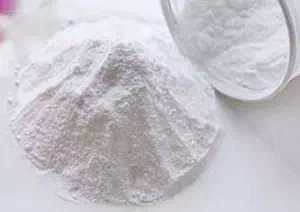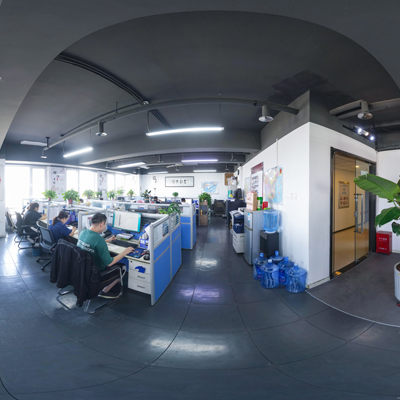What is Sodium Bromide CAS 7647-15-6?
Chemical formula and structure
Molecular formula: NaBr
Molecular weight: 102.89 g/mol
Appearance: Colorless cubic crystal system crystals or white granular powder, odorless, with a slightly salty and bitter taste.
Physical parameters
Density: 3.203 g/cm³ (25℃)
Melting point: 747-755℃ (Varying by source)
Boiling point: 1390℃
Solubility
Readily soluble in water (905 g/L at 20℃ and 121 g/100mL at 100℃)
Slightly soluble in ethanol (1g/16mL) and methanol (1g/6mL).
Hygroscopicity: It absorbs moisture and forms lumps in the air but does not deliquesce. Anhydrous crystals precipitate above 51℃, and dihydrate (NaBr·2H₂O) forms below 51℃.
Chemical properties
The aqueous solution is neutral (pH 6.5-8.0).
It can be oxidized under acidic conditions, releasing elemental bromine (such as reacting with dilute sulfuric acid to form hydrogen bromide).
Bromide ions can be replaced by chlorine and fluorine.
Sodium Bromide CAS 7647-15-6 Use
Photosensitive industry
It is used for preparing film photosensitive liquid and is a key raw material for photographic film and photo paper.
Medicine and Synthesis
In the field of medicine: As a sedative and diuretic, it regulates the process of neural inhibition.
Organic synthesis: It is used as a brominating agent and participates in the synthesis of intermediates for fragrances, dyes and drugs.
Analytical Chemistry and Industry
Trace determination of elements such as cadmium, sulfur and selenium.
It is used as an alkylation catalyst in the petroleum industry.
Sodium Bromide CAS 7647-15-6 safety
Toxicity data
Low toxicity: Oral LD₅₀ in rats = 7000 mg/kg; The transcutaneous LD₅₀ of rabbits was 3500 mg/kg.
Irritation: It is irritating to the eyes, skin and respiratory tract. Rinse immediately after contact.
Ecological impact
It poses a minor hazard to water bodies (water hazard level 1). Avoid large-scale entry into groundwater or sewage systems.
Storage requirements
Store in a sealed, light-protected container in a dry, cool, well-ventilated place away from heat sources and fire 🌫️.
Incompatible substances: ammonia, oxygen, phosphorus, antimony powder, alkalis and flammable substances (such as sawdust, straw).
Fire extinguishing method: Sand or carbon dioxide fire extinguishers.
Service
* Prompt reply and 24 hours online, professional team to provide best price and high quality product.
* Sample testing support.
* Every batch of products will be tested to ensureits quality.
*The packing also can be according the customers` requirment.
*Any inquiries will be replied within 24 hours.
*we provide Commerical Invoice, Packing List, Bill of loading, COA , Health certificate and Origin certificate. If your markets have any special requirements, let us know.








